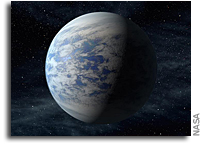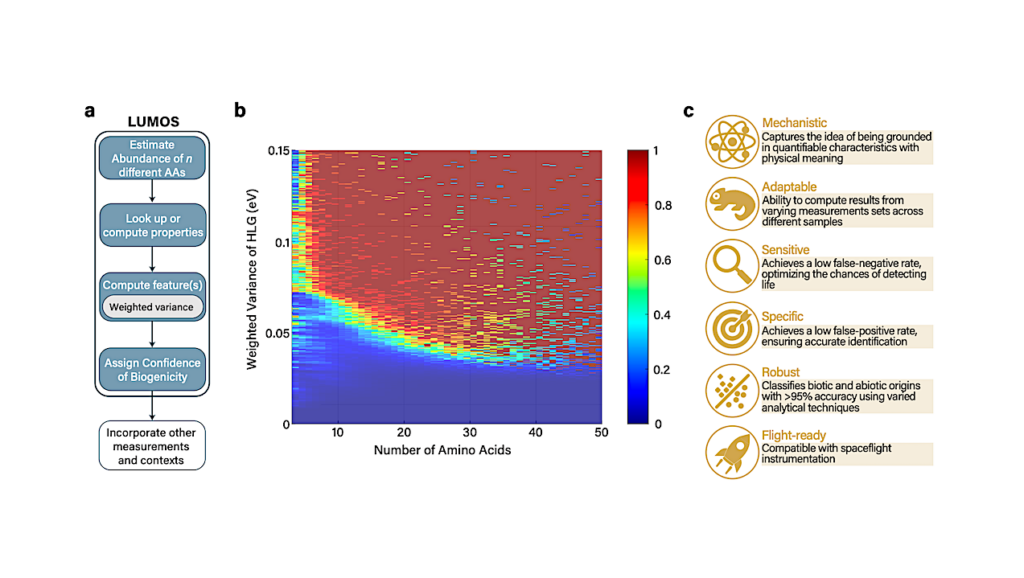Polarized Scattering and Biosignatures in Exoplanetary Atmospheres

Polarized scattering in planetary atmospheres is computed in the context of exoplanets. The problem of polarized radiative transfer is solved for a general case of absorption and scattering, while Rayleigh and Mie polarized scattering are considered as most relevant examples.
We show that (1) relative contributions of single and multiple scattering depend on the stellar irradiation and opacities in the planetary atmosphere; (2) cloud (particle) physical parameters can be deduced from the wavelength-dependent measurements of the continuum polarization and from a differential analysis of molecular band absorption; (3) polarized scattering in molecular bands increases the reliability of their detections in exoplanets; (4) photosynthetic life can be detected on other planets in visible polarized spectra with high sensitivity.
These examples demonstrate the power of spectropolarimetry for exoplanetary research and for searching for life in the universe.
S.V. Berdyugina
(Submitted on 23 Jul 2016)
Comments: JQSRT, accepted, 12 pages
Subjects: Earth and Planetary Astrophysics (astro-ph.EP); Atmospheric and Oceanic Physics (physics.ao-ph)
Cite as: arXiv:1607.06874 [astro-ph.EP] (or arXiv:1607.06874v1 [astro-ph.EP] for this version)
Submission history
From: Svetlana Berdyugina
[v1] Sat, 23 Jul 2016 01:27:27 GMT (440kb,D)
http://arxiv.org/abs/1607.06874








